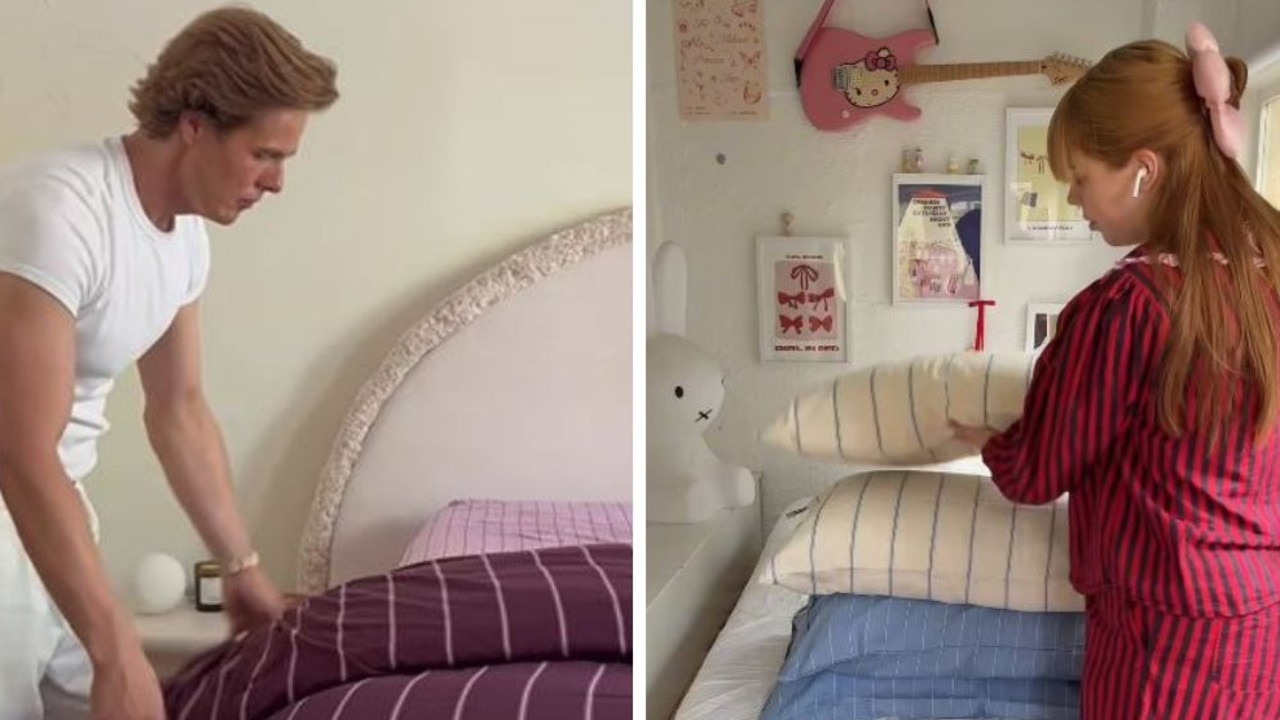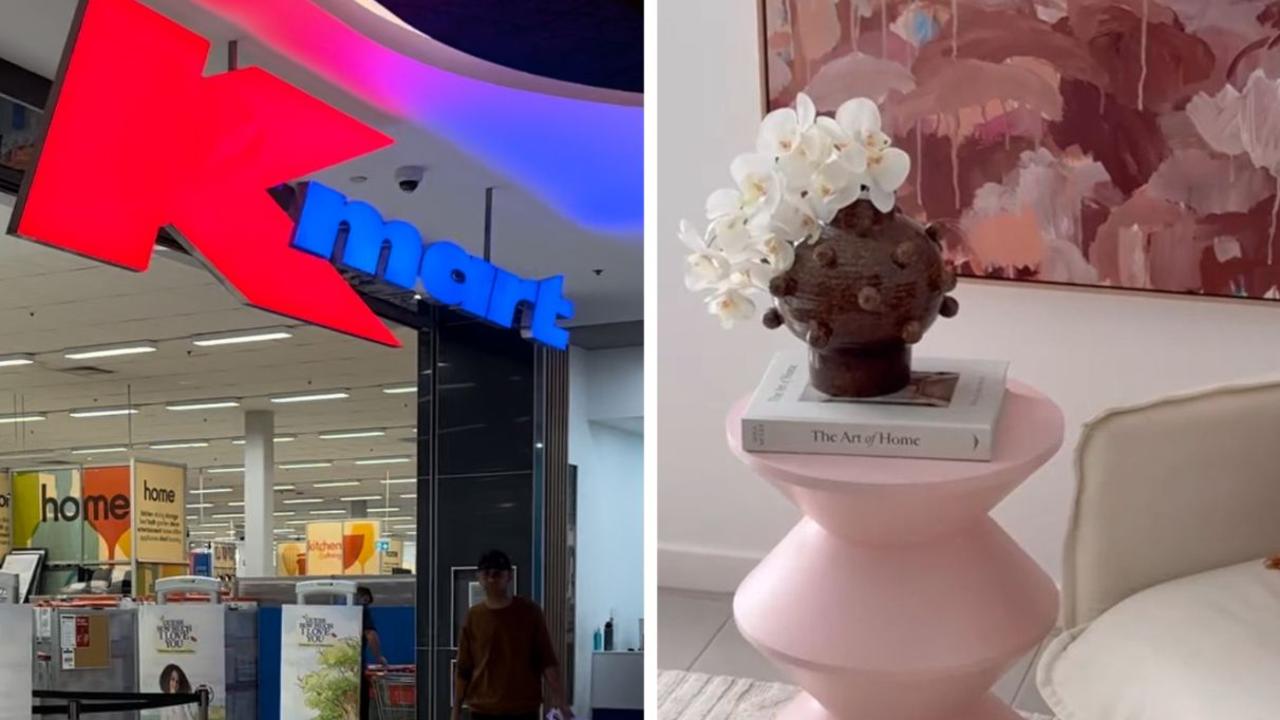Why you should stop using that loofah
IF YOU use a loofah to get clean, it may be time to rethink your shower routine. That plastic puff is nasty.
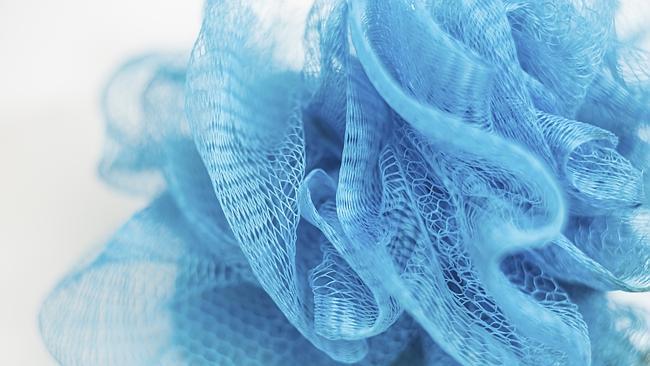
Interiors
Don't miss out on the headlines from Interiors. Followed categories will be added to My News.
IF YOU use a loofah to get clean, it may be time to rethink your shower routine.
That spongy, handheld scrubber meant to exfoliate and lather suds around your naked body is actually the perfect home for bacteria.
“Loofahs are hygienic to start out with,” Esther Angert, Ph.D., associate professor in the department of microbiology at Cornell University, tells The Huffington Post. “It’s how they are maintained that will affect their longevity.”
Your loofah scrubs dead skin cells off of your body, which “get caught in all of the nooks and crannies of the fibrous matrix of the loofah,” she explains. When you’re done scrubbing, chances are you leave the loofah in the bathroom until its next use. This is the opportune moment for bacteria to cultivate.
“The shower environment is a nice, humid environment — there’s not a lot of air circulation, and it’s a great place for bacteria to hang out,” she says. The bacteria eat any organic matter — like those discarded skin cells — left behind in the loofah.
A 1994 study published in the Journal of Clinical Microbiology also showed that the version of the popular beauty accessory made from actual cucumbers, not plastic mesh, can host and transmit pseudomonas aeruginosa, a bacterium that can cause disease in animals.
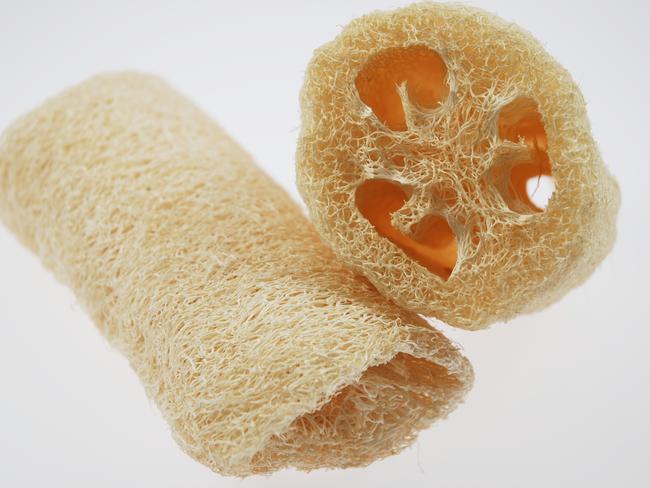
Every time your loofah gets wet and does not dry properly, the organisms grow and grow.
“You spread the bacteria that you washed off your body the last time,” Dr. Michele Green, New York-based board-certified dermatologist, tells HuffPost. “The loofah is spreading yesterday’s dirt back on your body.” When you’re sloshing that lavender-scented body wash all over yourself to get clean, you’re really scrubbing with lavender-scented bacteria.
Under the right conditions, this bacteria can lead to scary stuff, like staphylococcus — better known as a staph infection. While your skin is a really resilient organ that has the capacity to protect you from a lot of germs, your pores and any open wounds or scabs are more vulnerable to the bacteria, Angert says.
If you have open cuts and are “too aggressive with the loofah,” you may further damage the skin barrier and may be “forcing the particles into a wound,” Dr. Jessica Krant, board-certified New York City dermatologist and founder of Art of Dermatology LLC, tells HuffPost.
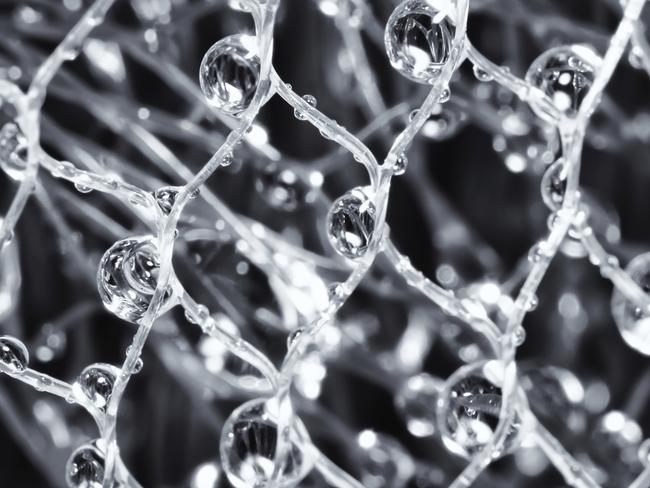
If you are attached to your loofah, there are steps you can take to lower the risk of it turning into a bacteria party:
Let it dry. Take the loofah out of that moist environment. “It’s ideal to allow the shower area to have enough airflow to completely dry out between uses,” says Krant. “Leave a window open, shower doors cracked open and consider keeping the wet loofah outside of the shower for more airflow. If you want to be extra cautious, soap up the loofah and rinse it out on its own after washing yourself and before letting it hang to dry,” she says.
Replace it. “If it changes colour or smells, it’s time to get a new one,” says Angert.
Microwave it. Proper cleaning is key. “Regularly hang the loofah outside the hot moist shower itself, on a daily basis and then occasionally microwave it for 20 seconds while damp, as they recommend for synthetic sponges,” says Krant. Avoid zapping your loofah with anything that has the potential to melt or catch fire and make sure it’s fully damp throughout. Do not microwave plastic loofahs.
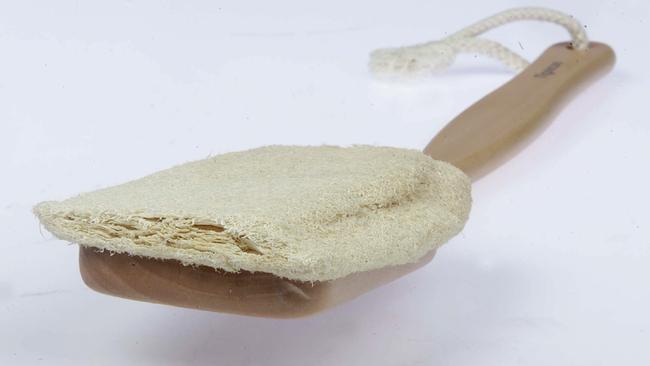
Bleach it. You might also use bleach to rid the sponge of bacteria. “You could soak it in a solution of 5 per cent bleach,” Angert says. This would kill the bacteria, but she stresses the process is a tedious one.
However, it really may be time to abandon the loofah once and for all. “I actually strongly prefer that my patients use no loofah, washcloth or scrubby at all in the shower,” says Krant.
“Skincare should be gentle rather than harsh, and people spend a lot of time over-cleaning and stripping the skin of natural and healthy moisturising oils that keep us from being itchy, dry and flaky,” she says. Using disposable sponge pads or some ordinary over-the-counter body wash and your hand is enough to keep you clean.
This article was written by Kate Bratskeir from Huffington Post and was legally licensed through the NewsCred publisher network.
Originally published as Why you should stop using that loofah

